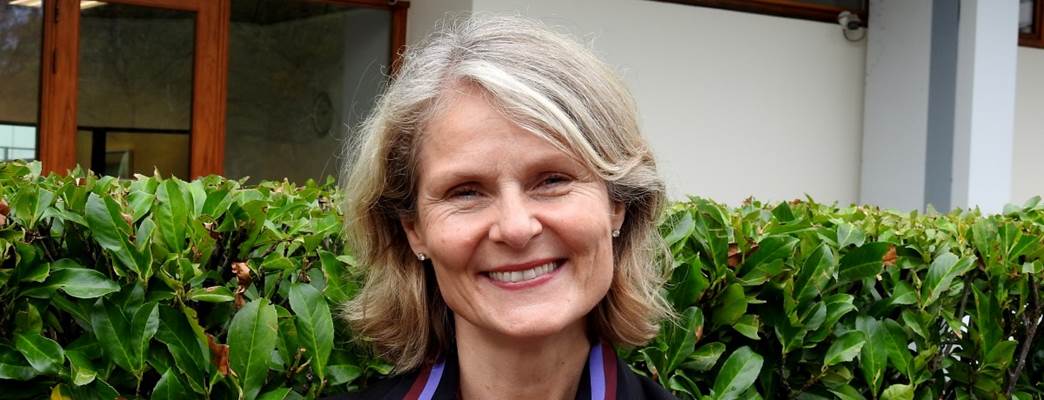Do we have reason to celebrate?
Yes, I think we have reason to celebrate. The resolution was a milestone when adopted two decades ago, and it committed us to a political agenda addressing gender equality, human rights and the empowerment of women. Today there is greater understanding of the central role that women’s participation and recognition of women’s rights and needs play in achieving lasting peace and security.
Women’s participation was not a priority in the majority of peace processes in the 90s and even 2000s. Today, peace actors are faced with clear expectations to include women and civil society, and ensure the buy-in of the people that will implement the peace.
There are policies in place. Training and monitoring are improving and peace processes are becoming increasingly inclusive. The regional networks of women mediators have established a global alliance which connects women from different parts of the world with broad experience within the field of peace and reconciliation.
What are the main challenges that we are facing today?
War and conflict affect women, men, boys and girls in different ways. That is why it is vital that women and men alike participate in efforts to promote peace and security and that their voices are heard.
While we celebrate successes, many of us are frustrated at slow progress and persistent gaps. Women continue to be underrepresented in peace and security structures. We still have a long way to go. Covid -19 has made the situation more complex, and has shown us that we cannot lessen the focus on women’s participation and rights. Quite the contrary. We must continue to work to ensure that we do not lose the gains made in the areas of gender equality and peace, while at the same time striving to achieve a successful recovery from the pandemic.
In the years to come we need to do more to level the playing field. We need to retain the focus on women’s participation after a peace accord has been signed. Not least, we need to create enabling and safe environments for women peacebuilders.
How will Norway work to address these challenges?
Norway has worked systematically over many years to promote women’s participation in peace processes in which we are engaged. Last year, Norway published its fourth national action plan for its global efforts in this area, and the Ministry of Foreign Affairs has drawn up guidelines specifically for this work. This month, Norway joined the board of the new initiative Women, Peace and Security & Humanitarian Action Compact, together with Namibia, Sierra Leone and the United Arab Emirates. This compact is about turning commitments into practical results for those affected by conflict; building on knowledge and experience, translating plans into action. This has been a main focus for Norway in the past few years; ensuring that we not only have policies and plans in place, but also guidelines, check-lists and procedures that enable follow-up. We must learn from one process to the next. We need to know not only what to do, but also how to do it.
We are committed to involving women and promoting women’s rights and inclusion in all phases of peacemaking and peacebuilding. Including women, protecting civilians and working to ensure that the needs of the entire population are addressed in peace processes will be important priorities for Norway in the Security Council. As an elected member of the Security Council, we will make use of our knowledge of women, peace and security efforts when dealing with many of the issues on the Council’s agenda. In particular, we will help to ensure that women’s participation and rights are safeguarded in UN peace and security efforts.
Norway looks forward to working with our partners to make certain that progress is achieved in the coming years. Only by being persistent and impatient will we be effective in promoting peace and stability, political legitimacy, social stability and economic efficiency for society at large.
Follow the Mission on twitter and Instagram for more on WPSin2020.
|
Key figures (source: UN Secretary-General’s report on women, peace and security 2020)
|
